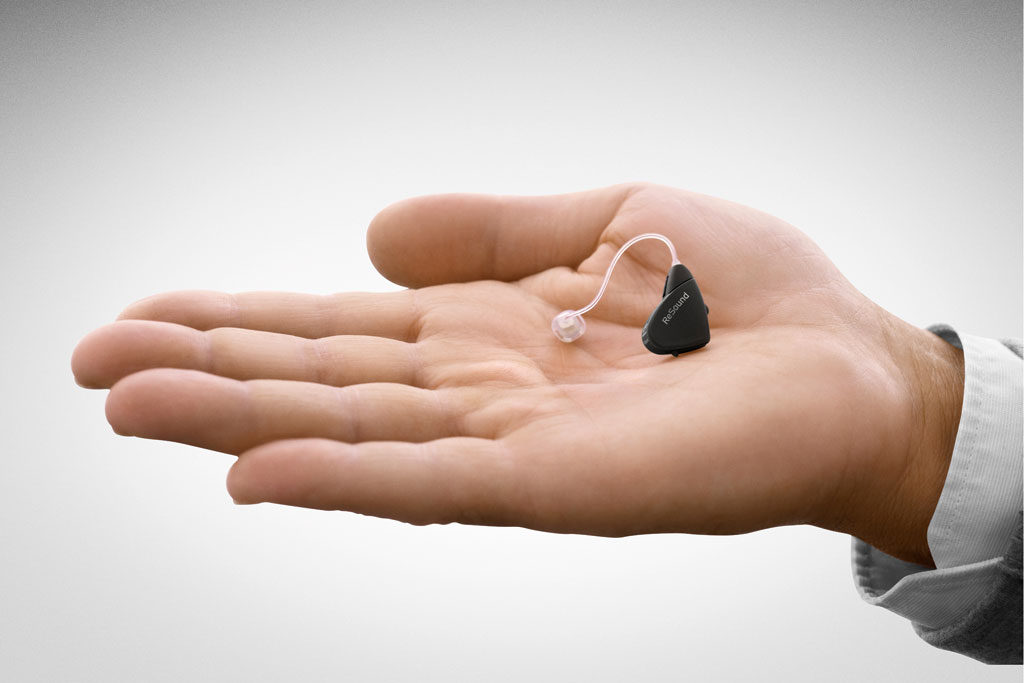Your Hearing Can be Restored With Effective Treatment in Mesa

Accepting that your hearing isn’t as sharp as it once was can be tough for some people as they grow older. The loss of communication and control can stir up negative emotions and possibly hurt relationships. There are many reasons people develop hearing loss. It can happen at any age to anyone. This very common health concern can be the result of illness, genetics, loud noise exposure, or many other reasons. However, aging and sensorineural hearing loss appears to be just a part of living.
What is sensorineural hearing loss?
In adults, impaired hearing is frequently caused by natural degeneration in the inner ear affecting the nerves that communicate with the brain. Sensorineural hearing loss is permanent. There is no surgical procedure or prescription medication that will correct this problem. The best way to restore some hearing ability is through the use of hearing aids.
What causes sensorineural hearing loss?
Some common causes of sensorineural hearing loss in Greater Phoenix are listed below:
- The term used to describe hearing loss as a result of aging, and how the process affects the inner ear (cochlea) is presbycusis. The cochlea is a fluid-filled sensory organ with a layer of small hairs. These strands detect motion from sound waves and convert it to impulses that get transported to the brain. As the hairs get older each loses cells. The first change will be the ability to comprehend everyday conversations and higher frequencies. About 30 percent of people will experience hearing loss by the age of 65, due to presbycusis.
- One very preventable cause of sensorineural hearing loss is exposure to high decibels of noise. Sometimes the conditions are work-related or being too close to a blast or explosion. More often the hearing loss is the result of too many concerts, speakers that are too powerful inside your car or earbuds, or some similar situation. This kind of exposure will first cause short-term hearing loss. Gradual, permanent loss will follow with prolonged exposure to loud sounds exceeding 80 decibels.
- Medications that can be toxic to the inner ear for some users are called ototoxic medications. People who have negative reaction to these medications may end up with sensorineural hearing loss. Discuss any possible concerns with your doctor before experimenting with new medications.
- Additional causes of hearing loss are impact to the head, exposure to illnesses like German measles, mumps and meningitis, or hereditary issues.
 Sensorineural hearing loss can be treated in Mesa. Dr. Cassandra Fynes and her team of specialists at Fynes Audiology offer effective treatment in Mesa. A hearing aid may be the tool you need to improve the quality of your everyday conversations. We offer the latest, most innovation technology in a variety of choices.
Sensorineural hearing loss can be treated in Mesa. Dr. Cassandra Fynes and her team of specialists at Fynes Audiology offer effective treatment in Mesa. A hearing aid may be the tool you need to improve the quality of your everyday conversations. We offer the latest, most innovation technology in a variety of choices.
For more information on sensorineural hearing loss or to learn which hearing aid is right for you at Fynes Audiology in Mesa, please call or contact us online. Schedule your consultation with Dr. Cassandra Fynes at (480) 456-0176.
